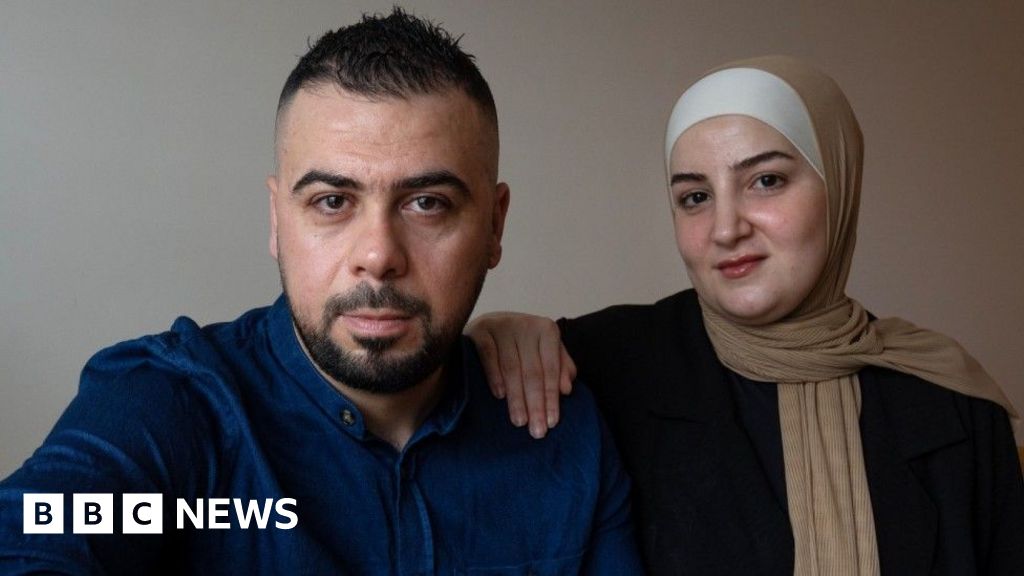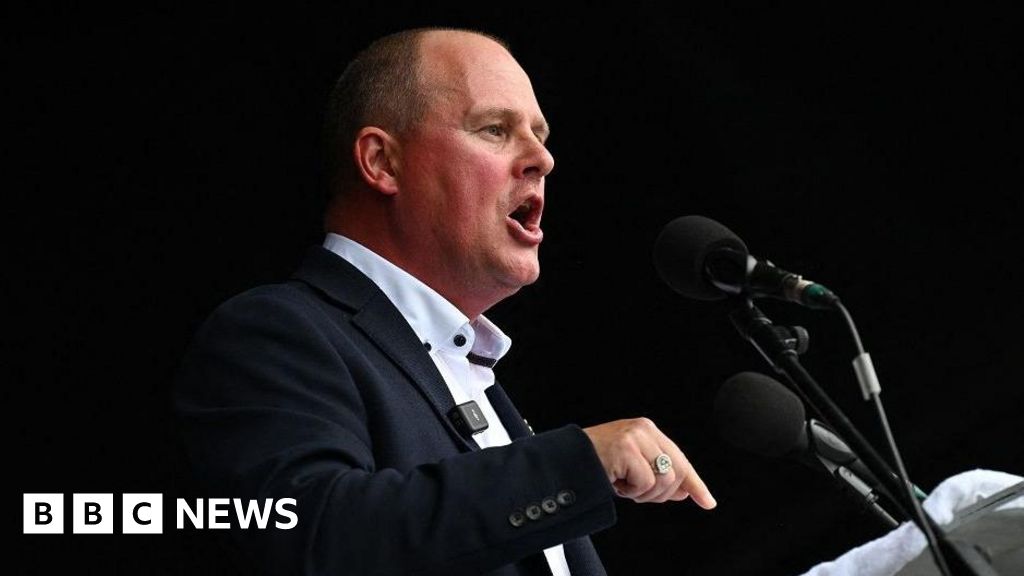A Harvard University alumnus and prominent member of the Nigerian Society of Engineers, Abdullahi Hashim, has lauded the executive chairman of Oriental Energy Resources, Dr. Muhammadu Indimi, for the successful inauguration of the first-ever indigenous Floating Production Storage and Offloading (FPSO) vessel at the Drydocks World Dubai Shipyard in the United Arab Emirates (UAE).
Hashim, who is also a member of the Council for the Regulation of Engineering in Nigeria (COREN) and a fellow at the College of Diplomacy and International Relations (FCDIR), described Indimi’s achievement as groundbreaking and a testament to the vision, leadership, and commitment of the Nigerian businessman.
“This initiative is not just another record; it’s a new milestone set by an outstanding achiever,” said Hashim, highlighting that the successful completion of the FPSO project by Indimi underscores the growing capability of Nigerian companies to conceptualise and execute complex projects in the oil and gas sector.
The FPSO, developed and funded entirely by the Nigerian firm Oriental Energy Resources, represents a significant leap for Nigeria’s oil industry. According to Hashim, this achievement is a “game changer” for the upstream oil sub-sector, particularly the country’s indigenous energy sector.
“This marks the first FPSO entirely funded by an indigenous Nigerian company, a remarkable accomplishment championed by none other than Muhammadu Indimi,” he said. “His investment in this project signals a growing capacity for Nigerian firms to execute such complex, large-scale projects and develop marginal oil fields independently.”
Hashim further noted that the completion of the FPSO signals positive change for Nigeria’s oil industry, contributing to the country’s economic growth and creating job opportunities for Nigerians. He stressed that Indimi’s belief in the capabilities of Nigeria’s oil and gas sector is now yielding significant results.
Vice President Kashim Shettima recently commissioned the $315 million FPSO at the Drydocks World Dubai Shipyard, marking a significant milestone in Nigeria’s oil history. The vessel, with a storage capacity of one million barrels, is expected to begin production at the Okwok Oil Field in the first half of 2025. Initially, it will produce 17,000 barrels per day (bpd), with plans to increase production to 30,000 bpd.
At the commissioning ceremony, Shettima, who represented President Bola Ahmed Tinubu, emphasized that the FPSO was more than just a maritime infrastructure project. He described it as a symbol of national ambition and a testament to the success of President Tinubu’s reforms in Nigeria’s oil sector.
The FPSO is expected to play a key role in Nigeria’s efforts to increase its crude production, which stood at 1.4 million bpd in November 2024—falling short of its OPEC quota of 1.5 million bpd. Nigeria has set a target to boost its oil production to over 2 million bpd by 2025.

 4 days ago
2
4 days ago
2















 English (US) ·
English (US) ·